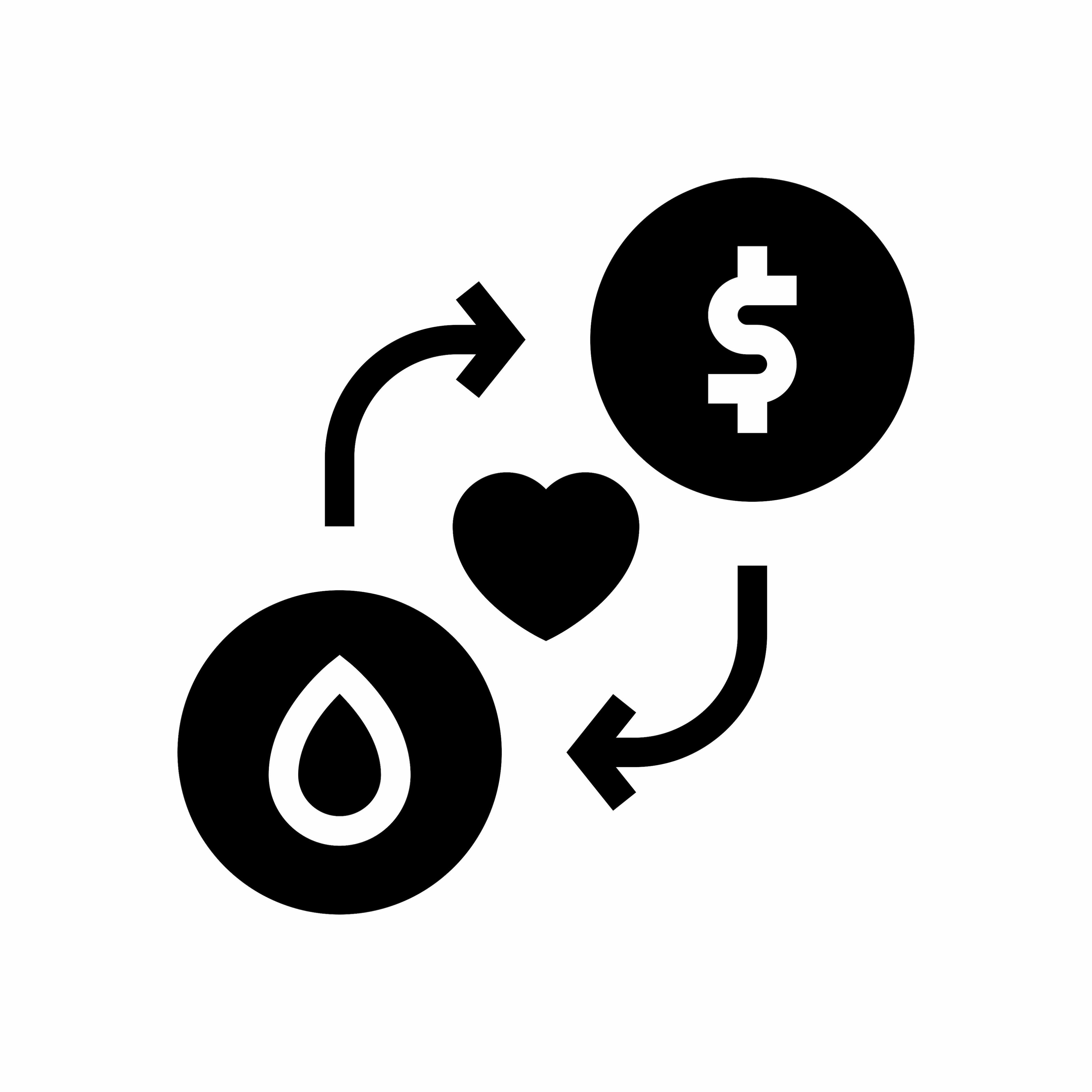Follow-up or Fall Behind: Why Persistence Pays Off in the Job Hunt
You've applied for a job, had a great interview, and now you're waiting to hear back from the hiring manager… But what do you do if you don't hear back? Should you just move on and forget about the job, or should you follow up?
The truth is… Persistence pays off in the job hunt.
Here are 3 reasons why:
1: It shows your enthusiasm:
Following up shows the hiring manager that you're enthusiastic about the position and interested in working for the company. This can make a big impression and set you apart from other candidates.
2. It keeps you top of mind:
If the hiring manager is juggling multiple candidates, it's all too easy to slip through the cracks without giving them a gentle reminder of your interest in the job. Following up can make ALL the difference in keeping you front and center as their pick for the position.
3. It can provide additional insights:
Following up can also provide additional insights into the hiring process. You may learn that the company is still reviewing resumes, or that they've already made an offer to another candidate. Knowing this information can help you adjust your job search strategy and move on to other opportunities.
Word of Caution: Don't be annoying
But don't mistake persistence for annoyance. There's a fine line between following up and being pushy, and it's important to find the right balance.
To help you strike the perfect balance, we've created a few tips and an example follow-up email that you can use as a template for your own job search:
Be patient: Wait at least a week after your interview to follow up. Hiring managers are often busy and may not have made a decision yet.
That week will also give YOU time to think about the company, its values, and if it really aligns with what you're looking for.
If you still don't hear anything by the second week, you could try a last-shot attempt at reaching out via email or handwritten note.
If you still don't hear back after a second follow-up, that ship has likely sailed and it may be time to move on.
Send a polite email: Send a polite email to the hiring manager, thanking them for their time and reiterating your interest in the position.
You'll want to keep the email pretty short and to the point. Your outline should include these points:
1: Thank you
2: Excited to contribute
3: (Optional) How I add value
4: Thank you (again)
During your interview, you may have picked up on some of the company's pain points or areas where they need improvement. In your follow-up email, you could also briefly mention the problem you discussed in the interview and offer some potential solutions. This would benefit you by showing how you can add value to their team. Whether you want to draft an outline or give an example of how you've solved a similar problem using your skills, is up to you and your situation. **Just remember to keep the tone friendly and professional, it should not sound like you're critiquing their work.
These follow-up email templates are polite, and professional, and will help you stand out from the competition:
Example 1:
Dear [Hiring Manager's Name],
I hope this message finds you well. I wanted to follow up on the status of my application for the [Position Name] role at [Company Name]. I enjoyed meeting you and the team during the interview and I'm excited about the opportunity to contribute my skills and experience to your company.
If there is any additional information I can provide or any questions you may have, please don't hesitate to let me know. I understand that you are likely busy, but I wanted to reiterate my enthusiasm for the role and express my interest in moving forward.
Thank you for your time and consideration. I look forward to hearing from you soon.
Best regards,
[Your Name]
Example 2:
Dear [Interviewer’s Name],
I wanted to take a moment to thank you for the opportunity to interview for the [Job Position] role at [Company Name]. Our conversation was truly insightful and I appreciate the time you took to provide me with an overview of the company’s culture and goals.
After our discussion, I have been thinking about the ways I can contribute to the team at [Company Name]. I am confident that my skills and experience align with the needs of the role and the goals of the company. I am particularly excited about [specific project or goal mentioned by the interviewer], and I believe I can add value to the team by [how you can contribute to that project/goal].
In addition, I noticed that [mention something you learned about the company during the interview]. I have experience working on similar projects and I believe my skills could be utilized to help achieve [related goal or objective].
Thank you again for considering me for the position. I am very excited about the opportunity to join the team at [Company Name] and I look forward to hearing from you soon.
Best regards,
[Your Name]
Keep it professional: The last piece of advice is pretty obvious - don't call the hiring manager multiple times a day or show up at their office unannounced.
Keep your follow-up communication professional and respectful. And when you're sending those emails or letters, make sure they're as polished as your best pair of boots!
Persistence Eventually Pays Off
Remember, the job hunt can be a long and challenging process, but persistence can pay off in the end. So don't be afraid to follow up and show your enthusiasm for the job. You never know, it could be the difference between landing your dream job or missing out on the opportunity.

Ryan Kay
Helping people get the career of their dreams!
Related articles

How to make your application STAND OUT
How to make sure your application materials and public image are making the best first impression with potential employers.

Make an Extra $900 per Month: Earn Money with Plasma Donations
Learn how you too can make some extra cash by donating plasma. Read this blog post to discover my experience at BioLife Plasma and how you can get up to $900 in the first month. Plus, watch my video where I share all the details on what it's really like to donate plasma. Don't miss out on this easy and fast side hustle opportunity!